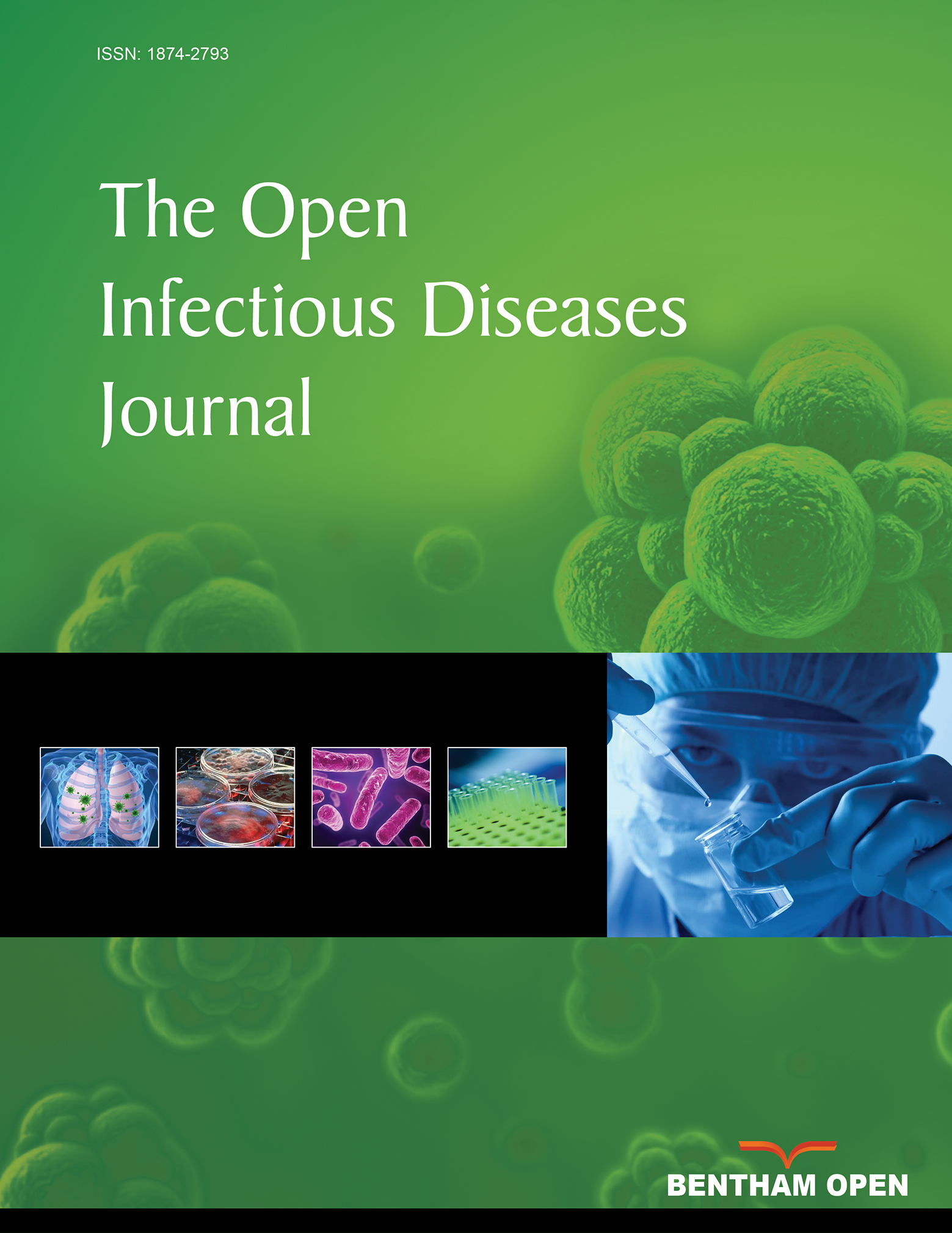All published articles of this journal are available on ScienceDirect.
Global Stability and Optimal Control Analysis of Malaria Dynamics in the Presence of Human Travelers
Abstract
Introduction:
The impact of unguarded human movement on the spread of infectious disease like malaria cannot be underestimated. Therefore, this study examines the significance of short term human travelers on malaria transmission dynamics.
Methods:
A non-autonomous system of ordinary differential equations incorporating four control strategies, namely personal protection, chemo-prophylaxis, chemotherapy and mosquito-reduction effort is presented to describe the dynamics of malaria transmission between two interacting populations. Suitable Lyapunov functions are constructed to analyze the global dynamics of the autonomous version. Moreover, the model which incorporates time-dependent vigilant controls is qualitatively analyzed with the overall goal of minimizing the spread of malaria and the associated costs of control implementation using the optimal control theory. An iterative method of forward-backward Runge-Kutta fourth order scheme is used to simulate the optimality system in order to investigate the effects of the control strategies on the magnitude of infected individuals in the population.
Results:
Analysis of the autonomous system shows that the disease-free equilibrium is globally asymptotically stable whenever the basic reproduction is less than unity and a uniquely determined endemic equilibrium is shown to be globally asymptotically stable whenever the associated basic reproduction number exceeds unity. In the case of non-autonomous system, necessary conditions for the optimal control of malaria are derived. It is shown that adherence to the combination of the control strategies by short term human travelers helps in curtailing the spread of malaria in the population.


